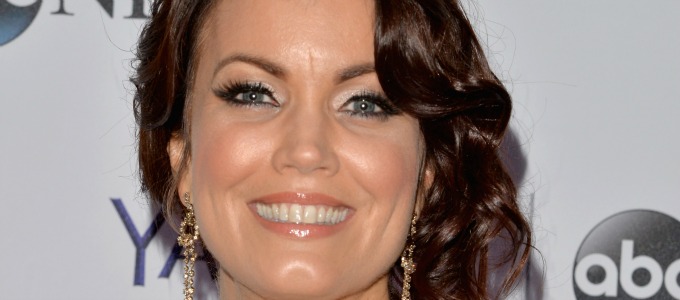So I watched “Scandal” last week — of course — and Mellie finally got a break. After so many episodes of getting short shrift, she took her place at the head of the line and got some respect — Quiet, the junior senator from Virginia has the floor!
In this episode, Mellie filibustered for Planned Parenthood funding, as worthy a reason to delay passing the Senate funding bill — and the holidays — as say, saving hundreds of thousands of dollars in funding for the Justice Department’s premium LinkedIn account. No offense LinkedIn; I didn’t write the dialogue.
Meanwhile poor Olivia, she of the uber-feminine, revised version of a power suit, was dying on the vine. Her impressive brain and killer instincts were atrophying while she picked out china patterns and tried to locate obscure, nameless cookie recipes.
That’s why “Scandal” is so wonderful. The love story is timeless, don’t get me wrong. Star-crossed lovers, a road ne’er ran smooth, passion for days — its real Romeo and Juliet stuff. But the issues the show raises? How effortlessly it tosses out female stereotypes and the damage they can do, forcing the more open minded of us to think about these things quite calmly and rationally as we eat our popcorn and drink our evening glass of wine. How it takes race and makes it not a thorn in our collective paw, something to be avoided in all but the most targeted diversity discussion, but something natural enough to be the punch line of a joke.
Because, let’s face it. Race? Female stereotypes? The damage they can be done to the spirit, to the body — poor Mellie after 16 hours on the Senate floor and very nearly no bathroom break — it’s real. When a woman, good grief, a black or Latina or Asian woman, is presented with these stereotypes — you’re too angry, aggressive, emotional, submissive, hot-blooded — and then expected to act accordingly and doesn’t? It can be brutal.
These are things we should talk about. These are things we should act on to make things better for those who are adversely affected. These are the things, which if addressed, if changed, will improve not just women and minorities lives but also everyone’s life.
I’m not saying it’s easy to talk about what’s missing or what’s there but is broken or uncomfortable — poor Fitz and Olivia — but we have to do it. And it doesn’t have to be that hard if we accept what we have to do, and do it with respect, with the understanding that there will be discomfort, and that’s okay.
Then — perhaps not so neatly wrapped as an hour-long episode on TV, but eventually — everyone can do that popular yet oh so elusive thing, and fearlessly bring their whole self to work. We can bring the full measure of our ideas, creativity, heart and passion to the workplace and to the businesses that so desperately need these things to stay ahead in this fast-moving global game.
Until that happens, some of us will have to pull a Mellie. We’ll have to stride forward in our lipstick red, feminine suits, kick off our red pumps, and take a stand for the good of the group, even when it hurts.















